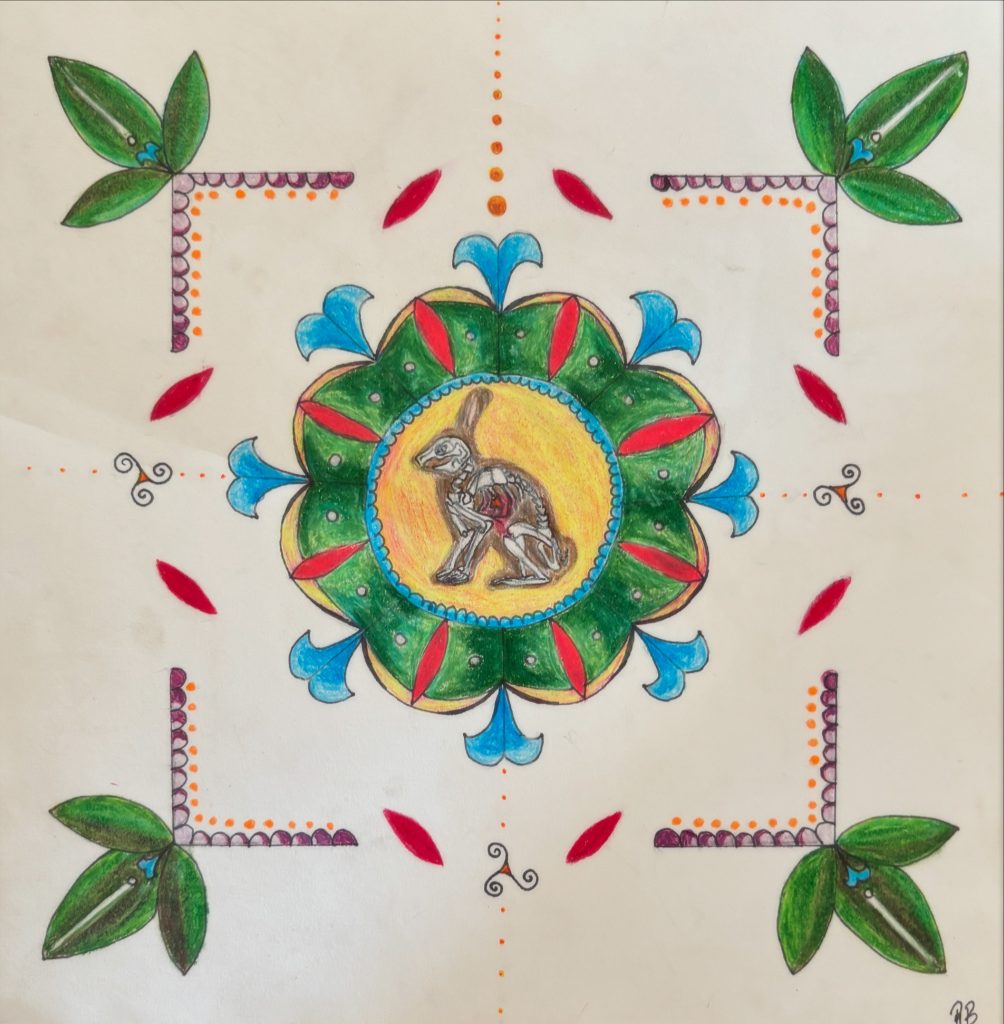
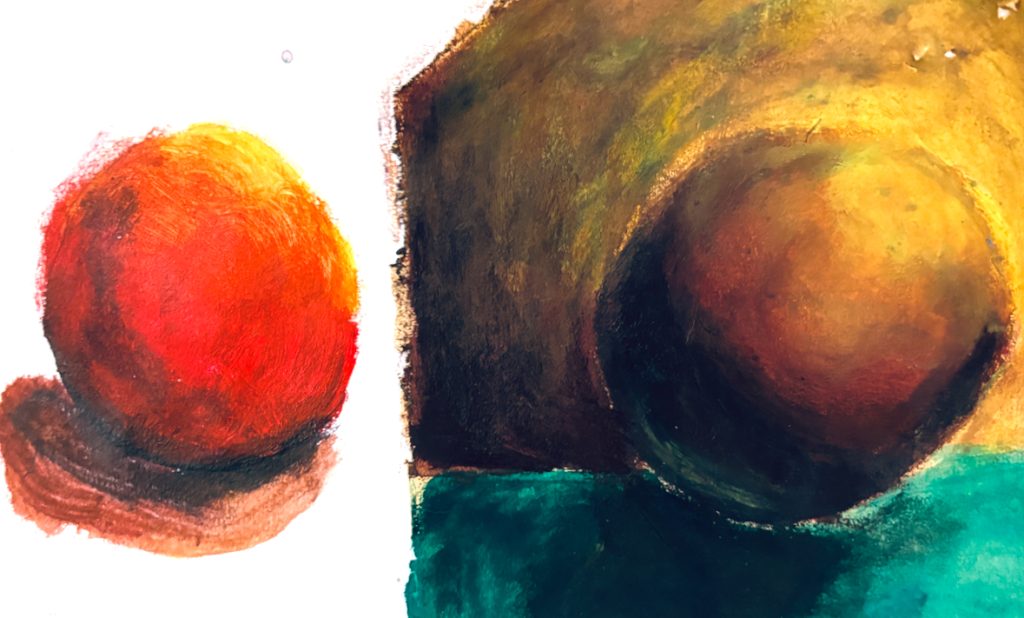
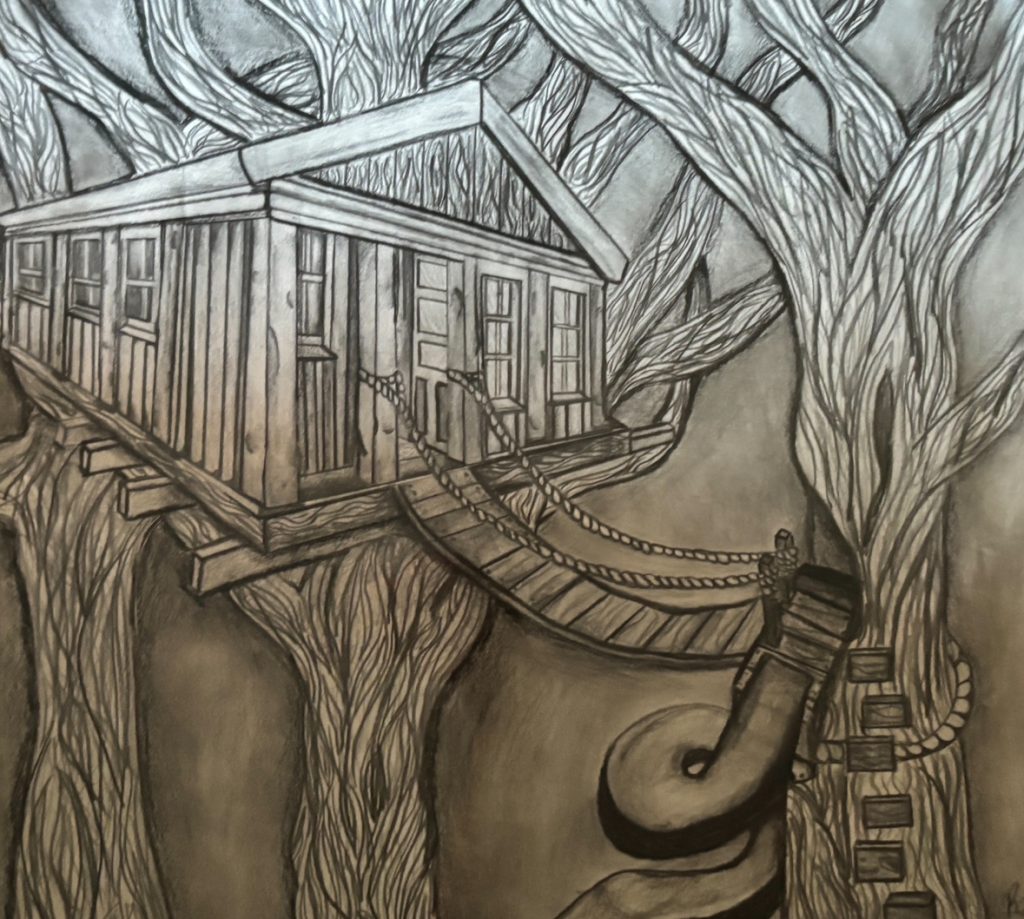
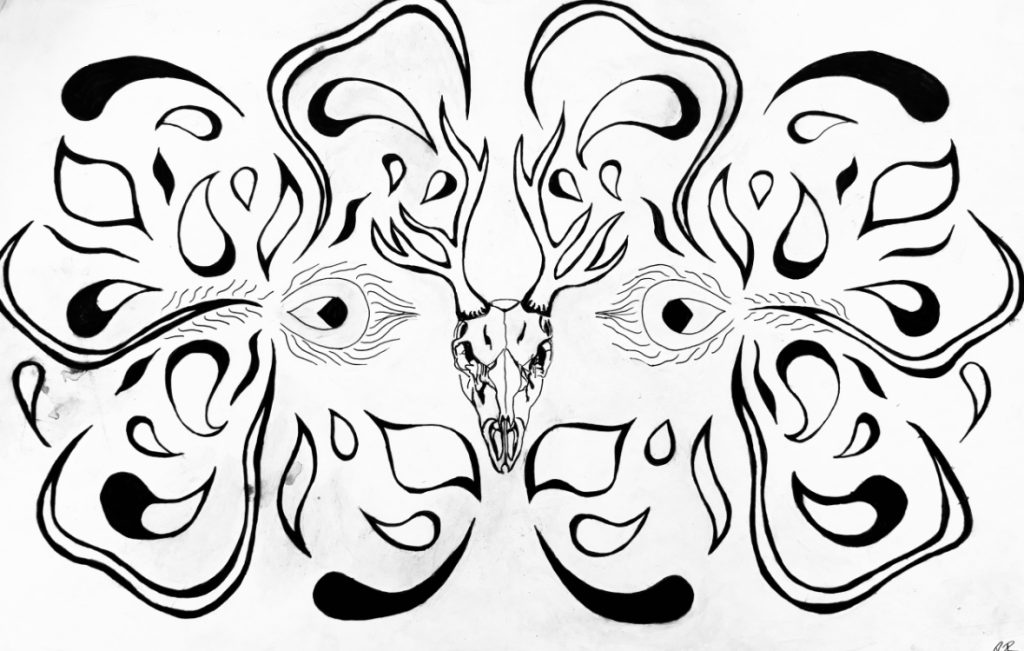

FLIM-FLAM MAN
Trump sells his brand: his face, his name, his myth.
While running for President, look what he touts on TV—
Silver coins stamped with a younger Trump face.
Digital Trading Cards showing his weathered old head
spliced to slim, muscular trunks in macho costumes.
Bit coin and crypto.
Bibles and sneakers.
T-shirts, of course, but also a genuine relic:
squares of the suit that he wore in that fateful debate
where he trashed Haitian immigrants, claiming:
“In Springfield, they’re eating the dogs.”
Racism’s part of his brand, and his brand’s not cheap.
For $100,000, you can buy a Trump watch—
200 grams of gold, 100 real diamonds;
a timepiece for oldsters who need to feel elite.
Yes, Trump will sell anything. Lies turn a tidy profit.
He’s bought the Republican Party, and many in Congress.
Bailed out by bankruptcies, facing jail-time for convictions,
Trump never pays for his capers, never repents.
He’s running for President, scamming his way back to power.
Should we give a flim-flam man a nation to sell?
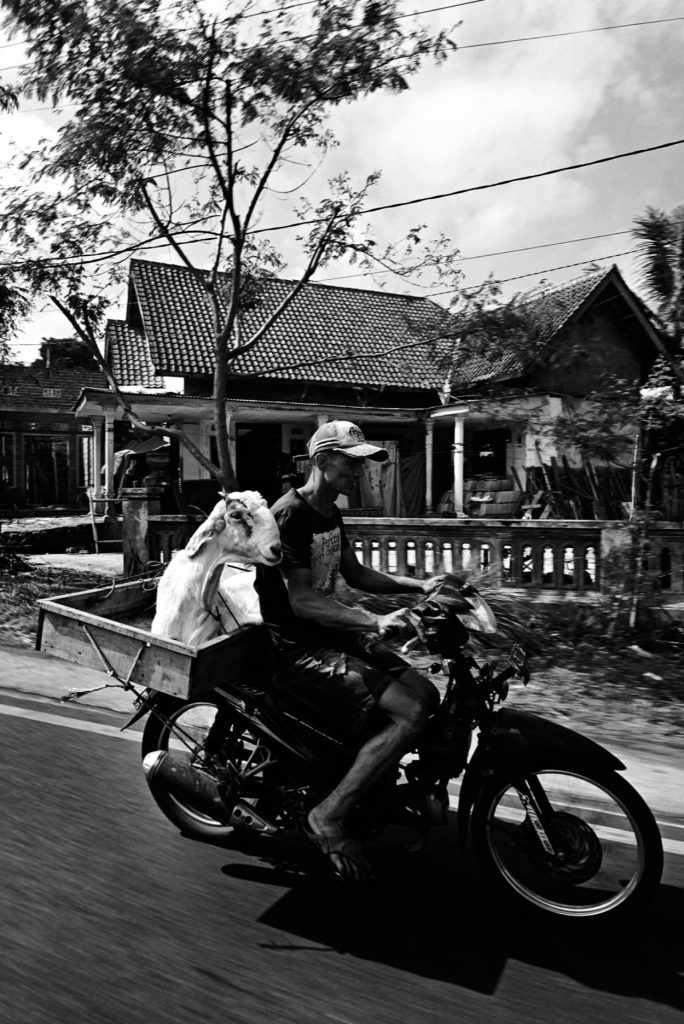
Final Sunsets
Here’s the poem I couldn’t write before,
but before I can deceive the world,
I must first find a way to write it.
I’m thinking again about that first
morning flight, traveling to Palestine,
Lebanon, Syria, Yemen, and all across Africa.
But then again, how can I travel again?
How can we rise before the sunrise,
when our people have bid farewell to their final sunsets,
locking themselves away in coffins of silence?
Our enemies are thrilled, overjoyed—
their wars are the reason I feel bound to UN’s wheelchair.
Dear letters A to Z, why do our stories lack a plot?
Why are our souls turning to stone in the eyes of strangers?
The sky opens and pours itself into our hearts,
while we open our hands to peace, only to fall bleeding,
betrayed by the silence of an enemy who said nothing.
If we were God’s favorite saints,
we’d be the bloodstained mirror in an abandoned church.
If we were civilian homes,
we’d be the feathers of lovebirds, caged in a dreamless cemetery.
If we love,
we fall broken.
If we own,
we are lost forever.

Late Summer Pastoral
(Forest, Stable, Field, Red Brick Home, Barn, and Forest Once More)
There was only the road, and on the sides gravel, 3/4 inch crushing as they called it. Nice, though the eye and mind and spirit does scan the atmosphere for something. A hawk glides overhead. Blue air, and white wispy clouds. Then a stable. It’s always there, of course, if you go that way.
‘I forget about that place. It does hide though. You think it’s here but you have passed it. Or…you think you have passed it but it is here.’ There is a horse and a donkey and a goat. They stand and are in the sun and there is some kind of table and it’s quiet looking by and by and peaceful seeming. Beyond is woodlands. When it rains they must go inside. When it’s cold they must go inside, no? And at night also. They have a design upon the wall outside, like a star, but not an esoteric or symbolic star of any sort, that’s just its aura, just a simple happy star because the sign is symmetrical, handsome, and it fits. Suddenly there is a field. Some tall reeds at the sides. And its spaciousness is good for the eye. ‘Those are hay barrels,’ she says.
‘Aren’t they called bales? I thought ‘bales,’ but people might call them barrels also. I don’t know.’
They are yellow and rolled up, left nicely spaced and foiled against things. I’d say there was a bird on one but there was not. After, in a second, a small looking red brick house.
‘It’s quite in from the road,’ I mention, ‘just somehow better, more private, spaced out, and if there was ever a cat or dog it’s much safer being away from roads further in on property.’
I imagine times before, when people went into town only sometimes for supplies, and called it ‘Going into town,’ or even after, when there was no Sunday shopping, only family and church. I don’t know if that’s good or bad though, I just imagine the times. Back further and onward, but part of it all, sits a humongous barn, set on a concrete form and stones, showing several windows and the sides are yellow, but a pale yellow almost white. What’s in there? I realize I don’t know well enough anyone like a farmer or ranch owner. I can’t roam those areas and get photography or stories or poems. What a shame, as each of the places is a world and there are surely worlds within worlds and worlds within them. What of the rain barrels or feral cats, or the vines that have grown somewhere or groups of unexpected wildflowers? Surely one or some have a stream hidden somewhere far in back, and what of the flora and fauna and atmosphere around there and the washed stones or the moss or anything at all? I guess there are red rocks and ones and yellow also, like in that stream I used to see by the far forest trail. Then it ends in the sense that the forest begins again, begins for real at once. I see tall trees and imagine for seconds the deer, coyotes, foxes, even wild rabbits or little birds, birds alighting briefly in trees to look around at the shaded worlds.
Motivation is a reason or force that urges a person to start, continue or stop an action or process. This force influences human behavior, motivates him to do or learn something. It is true that this term is gaining popularity today, especially among young people. They look for motivation to start learning or doing something. Therefore, this topic is very common among today’s youth and has caused a lot of interest.
Is motivation really that important? If it is important, why is it important?
The reason for this is simple. Motivation, often fueled by curiosity, drives us forward in life. Motivation is what motivates us to learn, improve, and set and achieve goals. As a result, motivated youth feel happier, more energized, and more confident in whatever they do. A lack of motivation can lead to unhappiness and risky behaviors such as substance abuse. A world without motivation and interests would be a world without progress, development or hopelessness. So today, motivation is really important for young people. It helps us to set goals and guide our actions and achieve our goals. We young people get this motivation from older people, teachers, scientists who have achieved various achievements and try to be like them.
Sweet Dreams
I dream with sweet dreams,
If it doesn’t come to you, it’s okay.
Actually, that’s how real life is,
Of course, this is the only time to write a poem.
Dreams pull me to the depths,
It puts a lot of weight on my shoulders.
I like these sweetest thoughts,
On the contrary, a negative thought sinks into the heart.
I also live in dreams,
I will take another step towards happiness.
Sometimes I miss four
Sometimes I love the heart.
Ilhomova Mohichehra is an 8th grade student of Zarafshan city, Navoi region, school No. 9.

Tears of the Clouds Clouds blanket the sky's wide embrace, Shielding the sun's glowing face. A gentle breeze whispers soft and light, Stroking the clouds in its flight. The world feels draped in sorrow's shroud, Veiled completely by the cloud. The wind, at times, takes clouds away, To distant lands, they sway and stray. Moisture glistens in the clouds' eyes, Perhaps the wind has paused its sighs. Tears known to all as gentle rain, Fall and soothe the earth again. Umida Jonibekova was born on December 18, 2002, in Arnasoy district, Jizzakh region. Currently a fourth-year student at Jizzakh State Pedagogical University. Has published several articles on methods of teaching English as a foreign language in international journals and is an active participant in international conferences. Additionally, one of the top 10 participants in the United Kingdom's "National Poetry Competition."